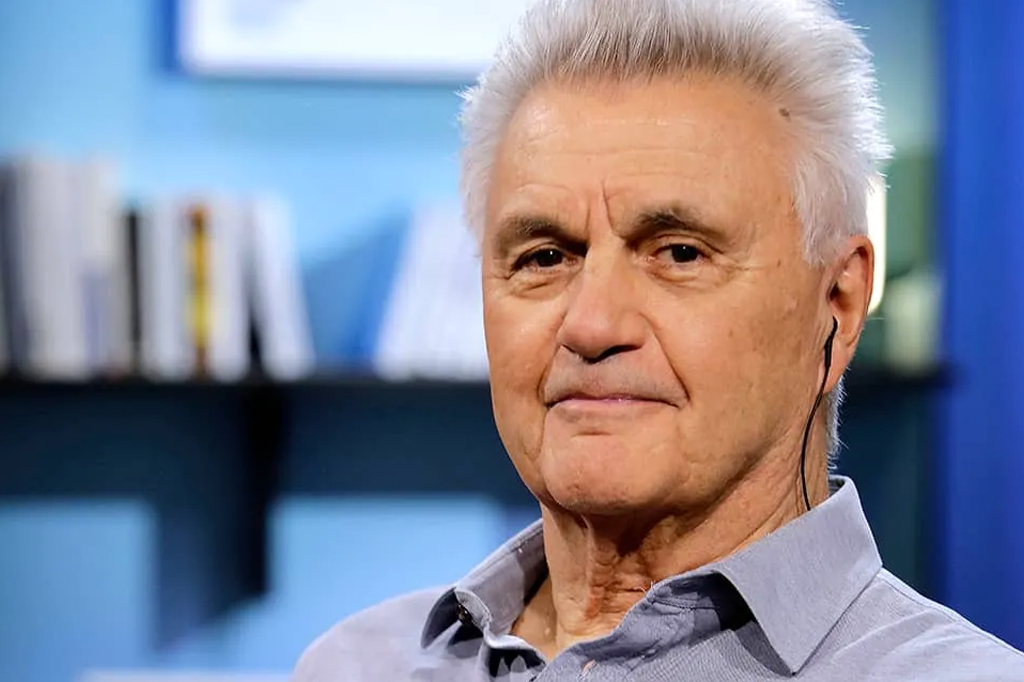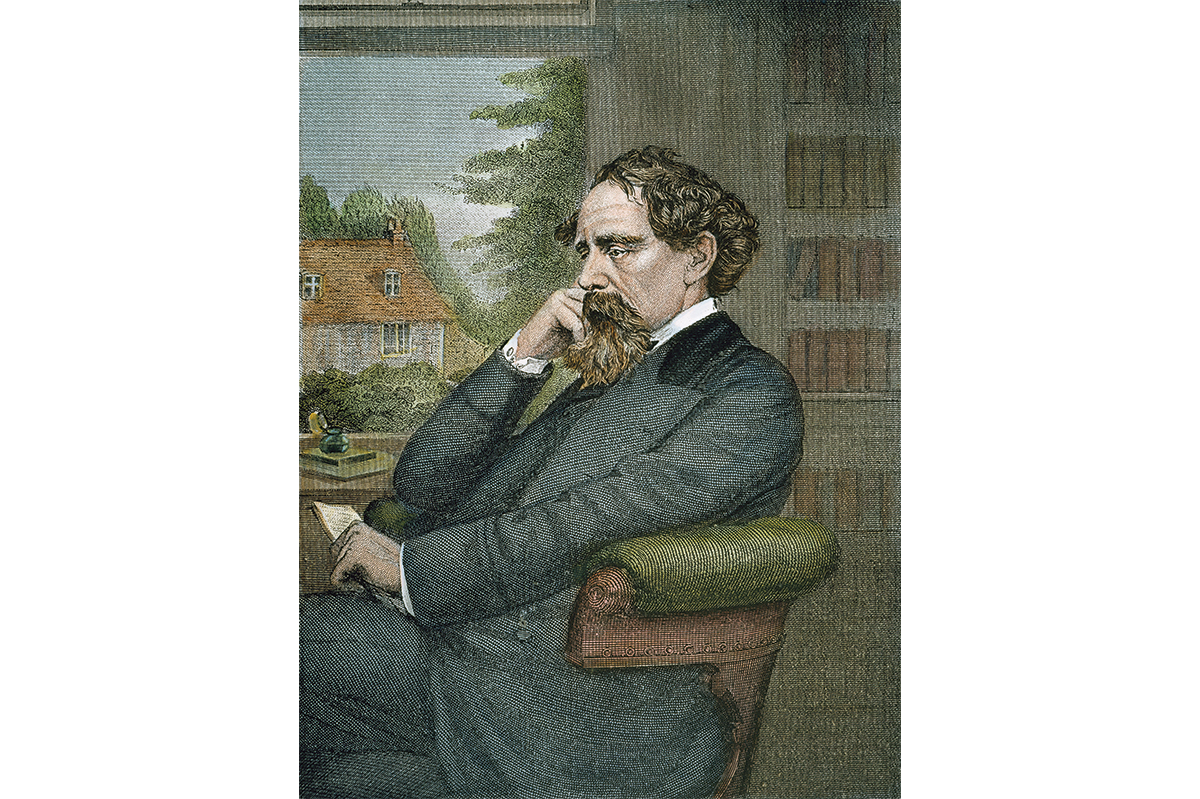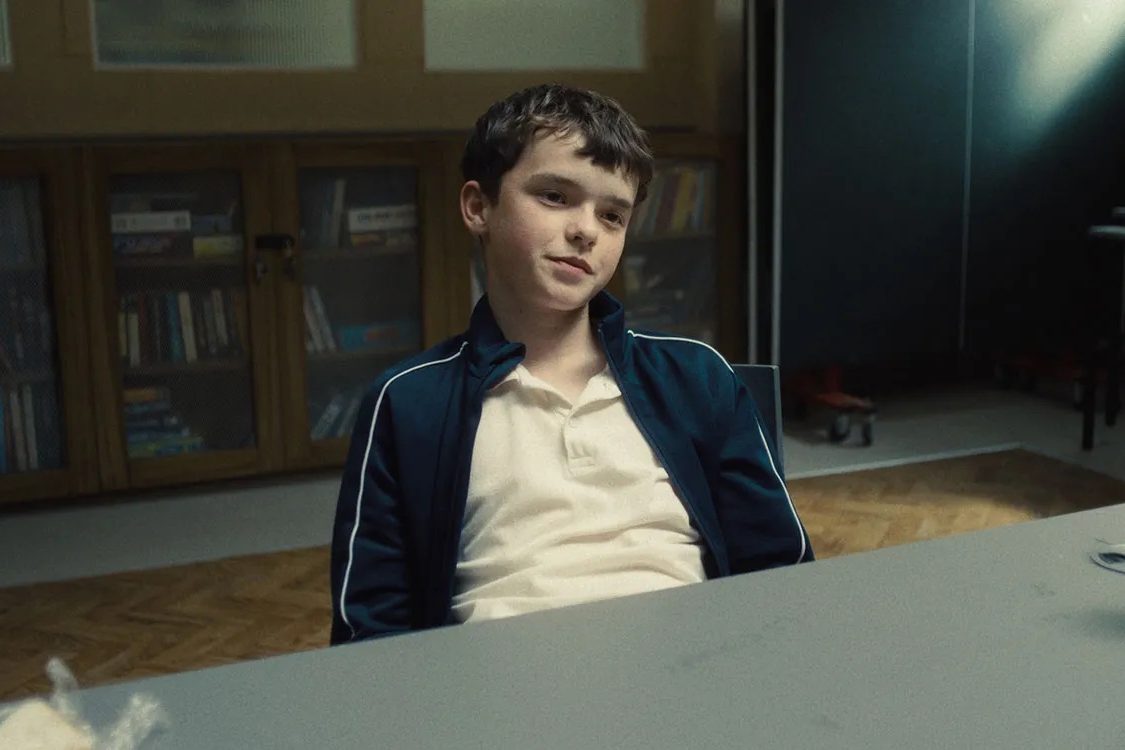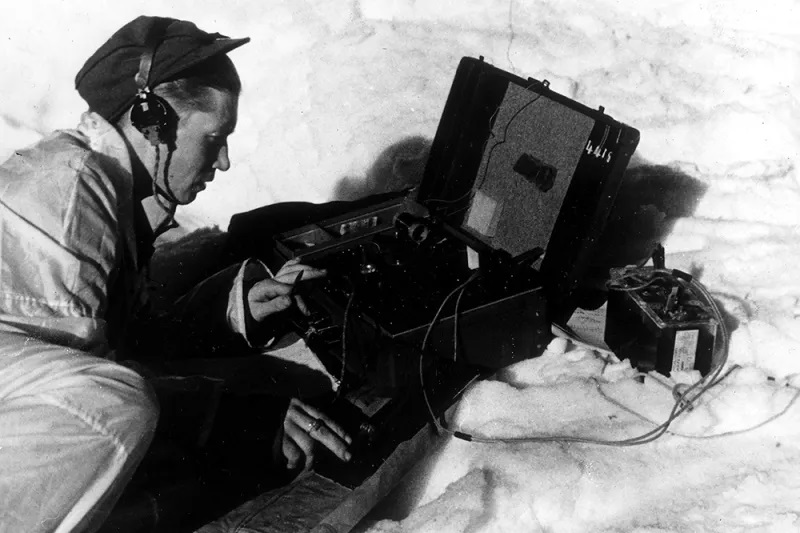Some time ago I was a guest at a book festival in France where we were invited to dinner in the town hall with local dignitaries. I was asked if I liked asparagus. I do, I said, thinking of delicious green spears. Good, said the woman in charge, as it was the asparagus season. I was then presented with an enormous plate of leek-sized white asparagus with a tiny dab of hollandaise on the side, and then expected to eat my way through essentially a fibrous albino python as the dignitaries looked on expectantly. It was a long evening.
I mention this because that’s basically what the experience of reading this book is like. A fellow reviewer demurred and said, no, it’s more akin to dragging your broken leg down a mountain, à la Touching the Void.
The thing is, John Irving is a genius — a comic, warm, brilliant genius. The fact that this book is terrible is simply something we must all just get over. Everyone has forgotten to press the lock button on an Intercity train and had the door opened on them. Let’s not do that to a brilliant titan of American literature, someone who on his best days touches Dickens.
Instead of talking about the incredible amount of horribly described sex, we will instead marvel at the way A Prayer for Owen Meany, Irving’s immaculately plotted 1989 lament for a generation lost to Vietnam, can still reduce grown men to tears. Instead of referring to the absolutely insane amounts of repetition and endless allusions to Adam’s smallness (it’s a roman à clef apparently: Irving is 5’6”), let us remember how very daring he was to write an entire book about abortion in The Cider House Rules in 1985, an American classic that would never be published these days (and is on several American banned lists), subsequently turned into a beautiful film that won an Oscar for Michael Caine.
And let us not think about how, as editors get younger and titans of letters get older, it appears harder and harder to provide useful editorial feedback vis-à-vis how long books ought to be and whether or not they should include entire screenplays, even when it comes to a writer as famously warm and thoughtful as Irving. Let us reminisce instead about his hilarious, constantly surprising The Hotel New Hampshire, and about Susie, one of the most beloved characters in fiction, living her best life as a bear.
If we don’t mention the incest and scatology we can recall the clear beauty of “A Sound Like Someone Trying Not to Make a Sound” from A Widow for One Year, one of only two times in recorded history when a fictional success actually sounds like it would be an actual success (sit down A.S. Byatt: the only other one is “Pop Goes My Heart” as performed by Hugh Grant in Music and Lyrics).
This book negates nothing; it takes nothing away from one of the greatest ever novelists in English — a man who wrote the counter-culture with such glee and wit and clarity and deep humanity. There is no need even to mention its stupid title, which somehow manages to exclude the population of the world who is either unfamiliar with, or does not enjoy, skiing.
We love you, you Prince of Maine, you King of New England.
This article was originally published in The Spectator’s UK magazine. Subscribe to the World edition here.

























